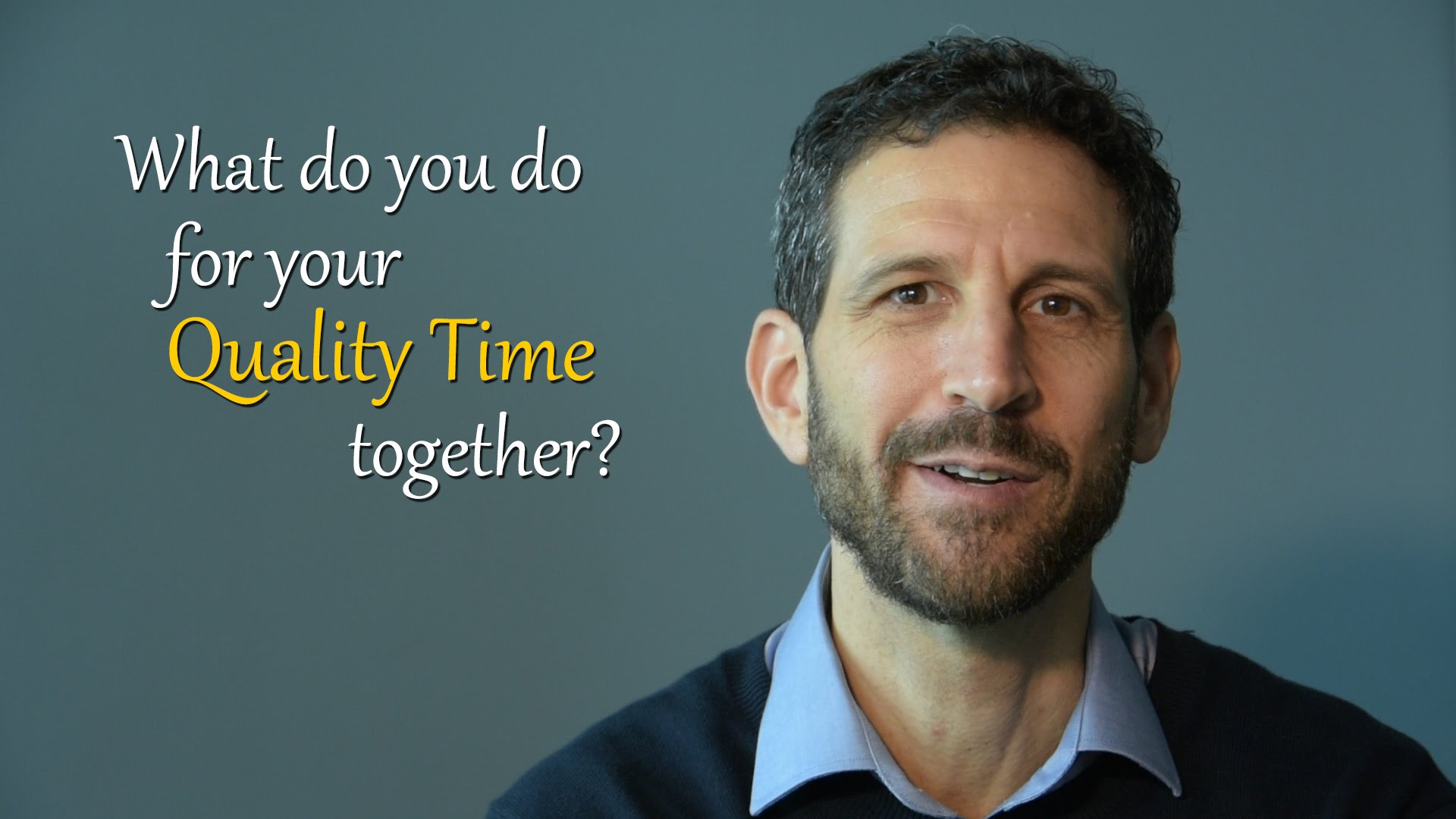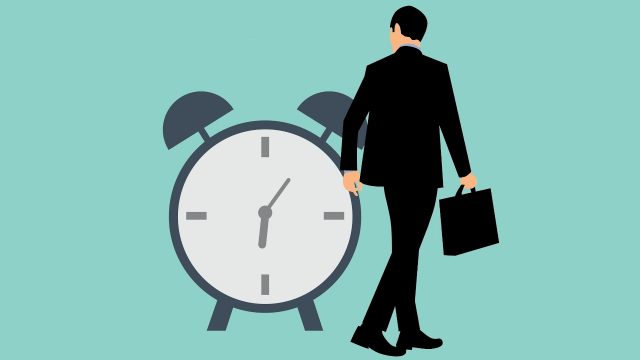
Buying time promotes happiness
Part 5 of a miniseries reviewing selected papers from Altmetric’s list of the top 100 most-discussed journal articles of 2017.
Incomes have risen globally, but an unintended consequence of this has been increased feelings of time scarcity. To help understand what can be done to address this time famine, an August 2017 study1 asked this question:
Could allocating discretionary income to buy free time — such as by paying to delegate common household chores, like cleaning, shopping, and cooking — reduce the negative effects of the modern time famine, thereby promoting well-being?
The study found that:
Across several distinct samples, including adults from Canada, the United States, Denmark, The Netherlands, and a large sample of Dutch millionaires, buying time was linked to greater life satisfaction. These results held controlling for a wide range of demographics, as well as for the amount that respondents spent on groceries and material and experiential purchases each month. These results were not moderated by income, suggesting that people from various socioeconomic backgrounds benefit from making time-saving purchases. Furthermore, in a preregistered within-subjects experiment, making a time-saving purchase caused improvements in daily mood.
The researchers further note that:
- Using money to buy time may reduce feelings of time pressure on a given day and provide a cumulative benefit by serving as a buffer against the deleterious effects of time pressure on overall life satisfaction.
- Buying time may serve as a buffer against the negative effects of time stress in part by enhancing perceived control.
- Despite the potential benefits of buying time, many respondents allocated no discretionary income to buying time, even when they could afford it.
- These low rates may further vary as function of culture and gender. Within many cultures, women may feel obligated to complete household tasks themselves, working a “second-shift” at home, even when they can afford to pay someone to help.
- In the face of an increasing time famine, organizations and policymakers could move beyond their focus on promoting financial affluence to promoting time affluence as well.
Reference:
- Whillans, A. V., Dunn, E. W., Smeets, P., Bekkers, R., & Norton, M. I. (2017). Buying time promotes happiness. Proceedings of the National Academy of Sciences, 201706541. ↩
Also published on Medium.






